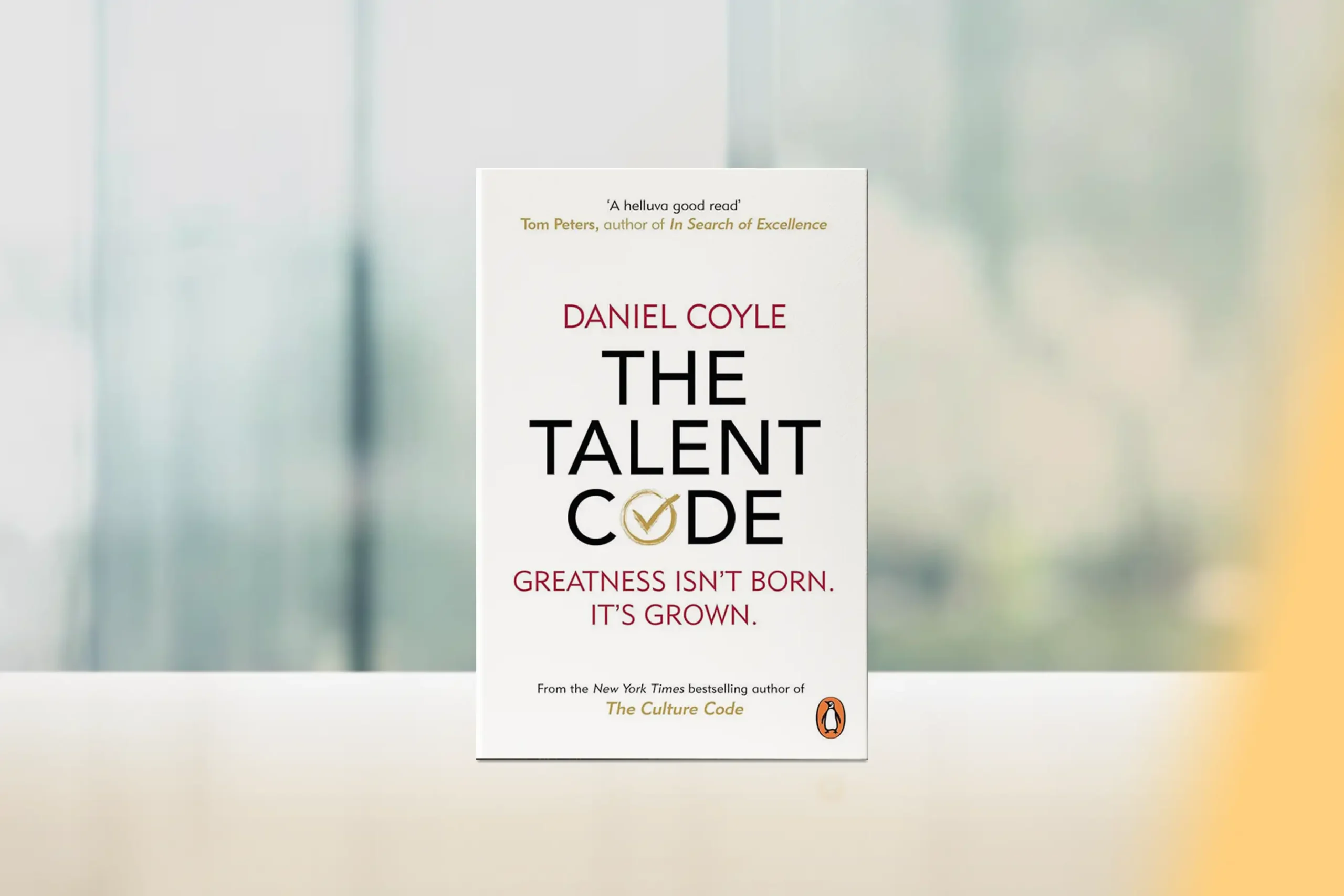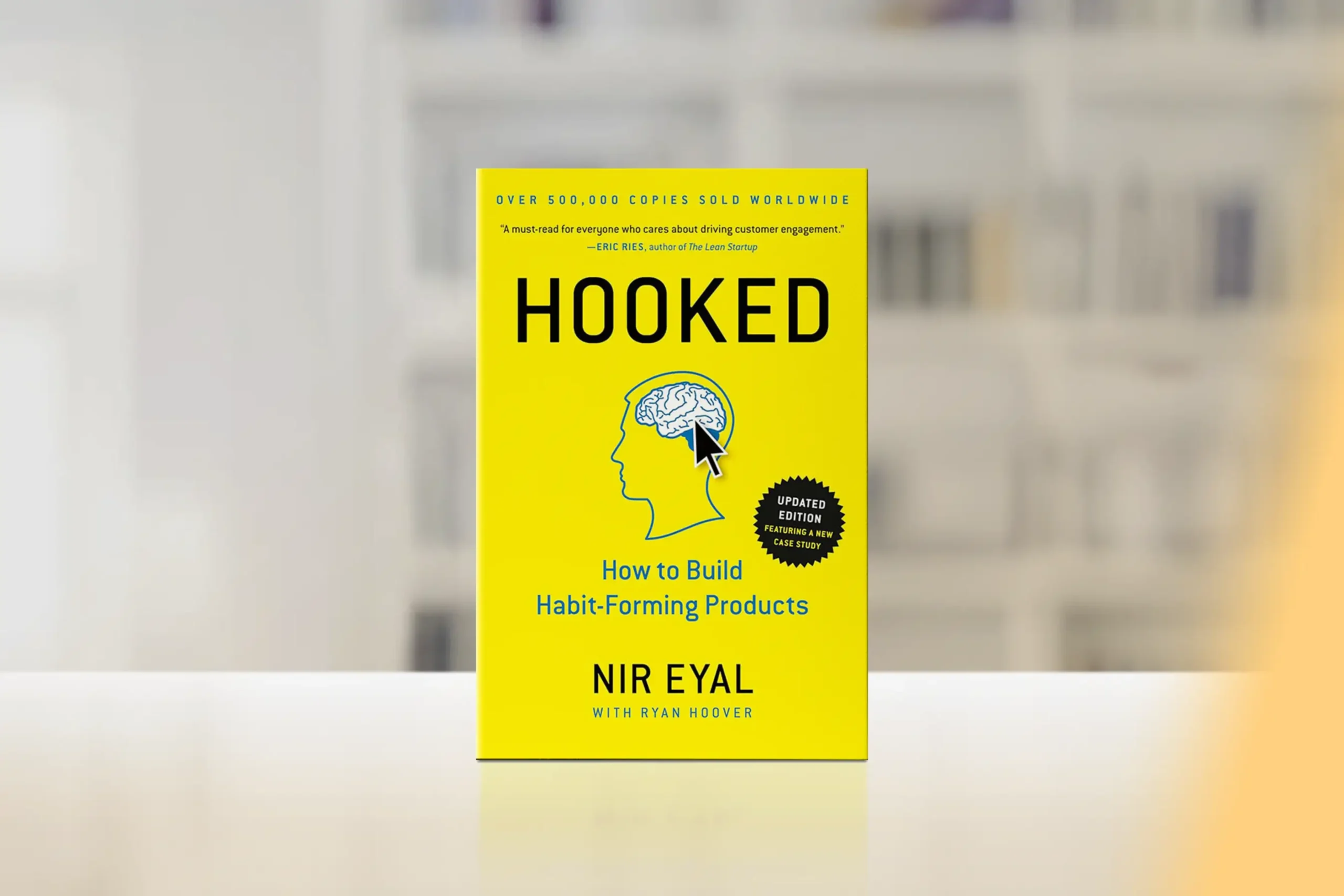In “The Talent Code: Greatness Isn’t Born. It’s Grown. Here’s How.,” Daniel Coyle takes us on a fascinating journey into the science of skill development and excellence. Published in 2009, this groundbreaking book challenges the conventional wisdom about talent by revealing how greatness isn’t born but grown through specific, deliberate patterns of practice and learning.
Coyle’s research spans across various talent hotbeds worldwide, from Brazilian soccer fields to Russian tennis courts, uncovering the universal principles that drive exceptional performance.
Core Concepts
“The Talent Code” revolves around three fundamental elements that Coyle identifies as the keys to developing exceptional talent:
- Deep Practice: A specific type of practice that involves operating at the edges of your ability, making mistakes, and correcting them
- Ignition: The motivational forces that spark and sustain long-term commitment
- Master Coaching: The specific techniques and approaches used by highly effective teachers and mentors
These elements work together through the biological process of myelin formation – the brain’s way of building skill circuits and making them faster and more accurate through practice.
Chapter-by-Chapter Review
Chapter 1: The Sweet Spot
Explores the concept of deep practice and how working at the edge of your capabilities builds skill most effectively. Coyle demonstrates how making mistakes and struggling in the right way accelerates learning, using fascinating examples from music academies to soccer training grounds.
Chapter 2: The Deep Practice Cell
Delves into the science of myelin and how it relates to skill development. The chapter explains how deep practice physically changes our brain structure through the process of myelination, making our neural circuits more efficient and precise.
Chapter 3: The Talent Whisperers
Examines master coaches and their methods, revealing surprising similarities in their approaches despite teaching different skills in different fields. The chapter highlights how these coaches create the perfect environment for skill development through their unique combination of authority, empathy, and precise feedback.
Chapter 4: Primal Cues
Investigates how great teachers unconsciously send signals that motivate and guide students toward improvement, exploring the subtle but powerful ways these cues shape learning and development.
Chapter 5: The Ignition Switch
Explores what sparks the initial passion and dedication necessary for long-term commitment to skill development, examining the role of both individual motivation and cultural factors in talent development.
Chapter 6: The Three Rules of Deep Practice
Provides practical guidelines for implementing deep practice in any skill development journey, complete with specific exercises and techniques for maximizing learning efficiency.
Key Strengths
- Combines cutting-edge neuroscience with engaging real-world examples
- Provides actionable strategies for implementing the concepts
- Debunks common myths about talent and genius
- Offers hope and practical guidance for anyone seeking to develop skills
- Supported by extensive research and compelling case studies
Potential Drawbacks
- Some scientific concepts might be oversimplified
- Focus primarily on individual skills rather than team dynamics
- May underemphasize the role of natural predispositions
Who This Book Is For
This book is particularly valuable for:
- Coaches, teachers, and mentors seeking to understand how to develop talent effectively
- Parents interested in supporting their children’s skill development
- Professionals looking to accelerate their learning and improvement
- Anyone passionate about understanding the science of excellence
Final Review
“The Talent Code” offers a revolutionary perspective on skill development that’s both scientifically grounded and practically applicable. The book’s insights into deep practice, motivation, and coaching provide a clear roadmap for anyone seeking to develop expertise in any field.
Whether you’re a coach, parent, teacher, or someone passionate about personal growth, this book will fundamentally change how you think about talent and human potential.
Rating: 4.6/5
This book is an essential read for anyone serious about understanding and developing human potential.
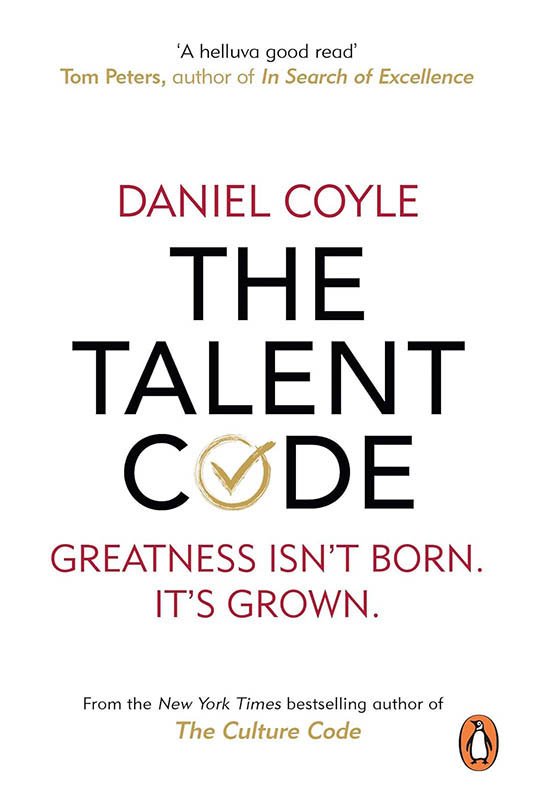
Alternative Books
If you are looking for other books like “The Talent Code”, consider these alternatives:
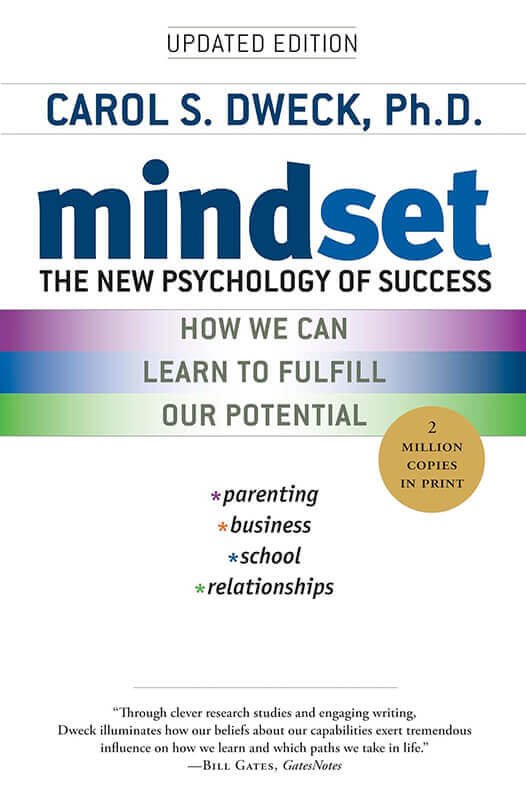
Mindset: The New Psychology of Success by Carol S. Dweck
A complementary exploration of how our beliefs about abilities affect our success and learning.
Rating: 4.6/5
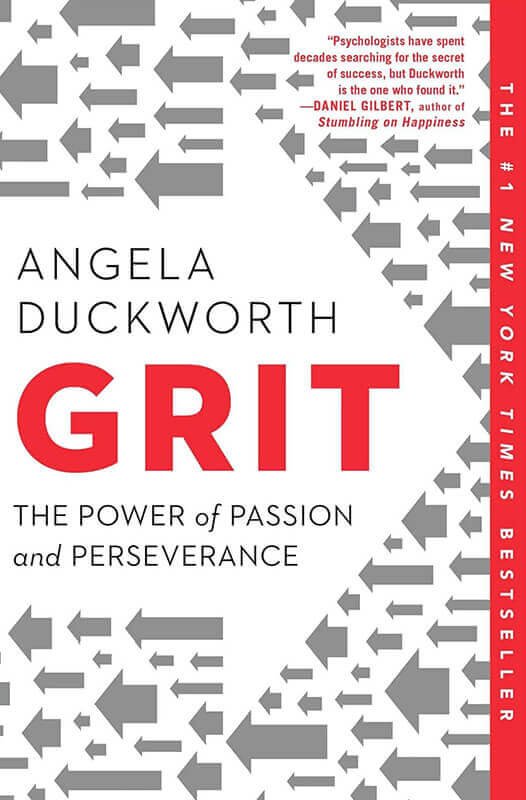
Grit: The Power of Passion and Perseverance by Angela Duckworth
Examines the role of persistence and deliberate practice in achieving long-term goals.
Rating: 4.6/5
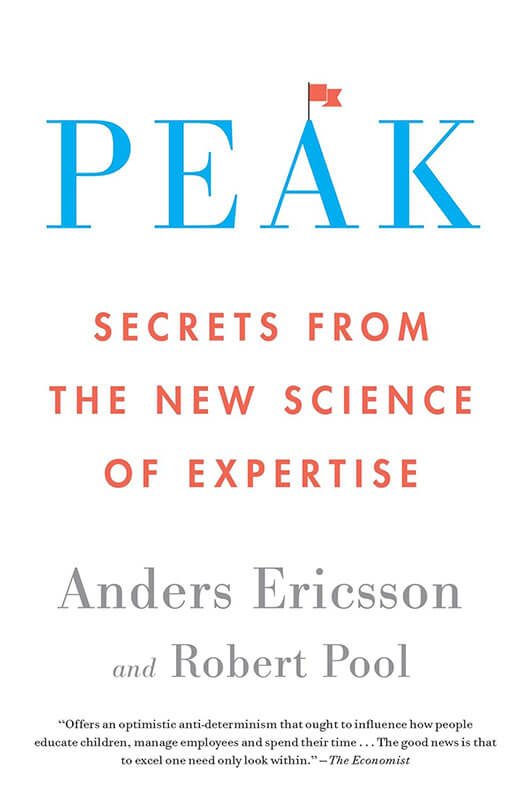
Peak: Secrets from the New Science of Expertise by Anders Ericsson
A deep dive into the science of deliberate practice and expert performance.
Rating: 4.5/5

